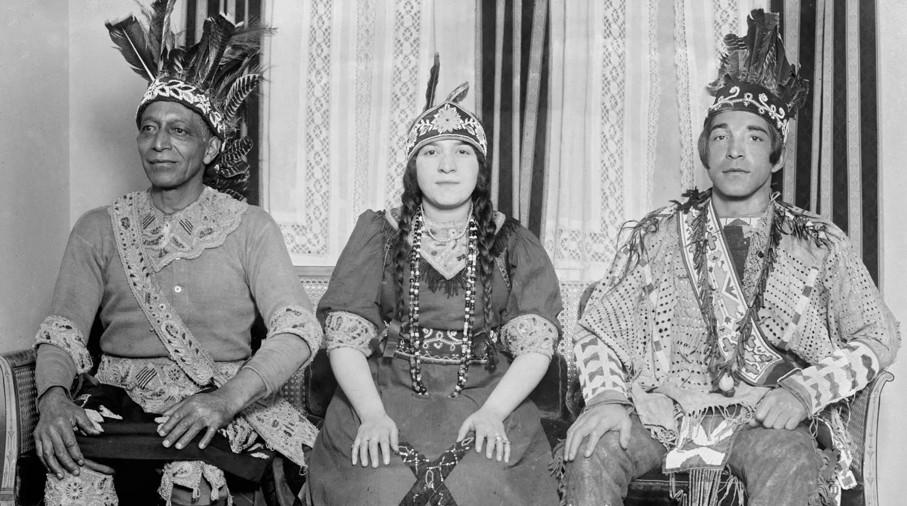
During the latter part of the 19th century, European powers aggressively colonized Africa, seizing control of numerous countries through often brutal means. Among these powers, Italy set its sights on Ethiopia. However, on March 1, 1896, near Adwa, Italian forces were decisively defeated by a significantly larger and well-equipped Ethiopian army. This crucial victory ensured Ethiopia’s continued sovereignty and acted as a catalyst for anti-colonial movements across the continent.
European involvement in Africa dates back to the 15th century, primarily driven by the trans-Atlantic slave trade. Nevertheless, for many years, the impact of tropical diseases and difficulties in navigation confined European influence largely to coastal regions. By 1870, with the decline of the slave trade, Europeans controlled only about 10% of the African continent.
The “Scramble for Africa” intensified by 1885, with European powers like the United Kingdom, France, Germany, Italy, Belgium, Spain, and Portugal dividing the continent amongst themselves. At the height of colonialism, only Liberia (established for resettled free Black Americans) and Ethiopia retained their independence.
Italy, a late entrant in the colonial race, initiated its military ventures in 1885. With British support, they seized Massawa, a port on the Red Sea. From this foothold, they expanded their influence across the Horn of Africa, establishing Eritrea on land previously held by Ethiopia and occupying a significant portion of modern-day Somalia. Their military efforts escalated after an ambush in 1887 resulted in the deaths of approximately 500 Italian soldiers.
Haile Larebo, an associate professor at Morehouse College specializing in African colonial history, explains, “In that era, a major power needed at least two things: a navy and colonies.” He adds that Italy’s actions were essentially imitative of established colonial powers like Britain and France.
In 1889, Italy and Ethiopian Emperor Menelik II signed a treaty. Menelik II acknowledged Italy’s claim to Eritrea in return for arms and financial assistance. However, a significant dispute emerged due to discrepancies between the Italian and Amharic versions of the treaty. The core of the disagreement centered on whether the treaty had effectively transformed Ethiopia into an Italian protectorate, stripping it of control over its foreign policy.
Menelik and Taytu Betul – Menelik and his wife, Taytu Betul, a perceptive adversary of European colonialism, actively safeguarded their nation’s independence, asserting a lineage from King Solomon and the Queen of Sheba. Complementing their acquisition of advanced weaponry, they initiated a public relations effort, facilitated by supportive Europeans. Alfred Ilg, a Swiss engineer acting as Menelik’s unofficial chief of staff, was instrumental in modernizing Ethiopia’s infrastructure and, during European visits, reputedly promoted the nation as “Africa’s Switzerland.”
Other Europeans disseminated favorable articles about the Ethiopian court, occasionally portraying the pious Menelik as “Africa’s Christian monarch,” elevating him to celebrity status and even leading to an exchange of phonograph messages with Queen Victoria. Haile describes Menelik as a grounded monarch, possessing a captivating and charismatic character.

Despite Menelik’s brutal actions during his ascent to power, including the mutilation of Ethiopian rivals, branding of slaves, destruction of mosques, and encouragement of pillaging, he successfully unified the country against the common Italian threat. His call for mobilization in September 1895 yielded a massive force of 80,000 to 120,000 soldiers from diverse regions and ethnic groups.
As the Italian army approached within 250 miles of Addis Ababa, Menelik and Taytu led their troops northward on an arduous five-month, 600-mile march. Historian Raymond Jonas notes that Menelik’s campaign covered more ground than Sherman’s March to the Sea or Napoleon’s Russian invasion.
In December 1895 and January 1896, the Ethiopian army inflicted crushing defeats on the Italians at Amba Alage and Mekele, the latter achieved through Taytu’s strategic use of water deprivation. Outmaneuvering the main Italian force, the Ethiopians advanced to Adwa, with Menelik employing disinformation to obscure the strength of his army. Jonas described it as “one of the 19th century’s greatest campaigns.”
Facing shortages of supplies and inadequate maps, Italian commander Oreste Baratieri contemplated retreat. However, spurred by a telegram from Prime Minister Francesco Crispi and pressure from his generals, Baratieri, who had previously boasted of capturing Menelik, committed three brigades to battle.
Ethiopia Establishes Independence – On March 1st, the Italian forces and their African allies were caught off guard by the outbreak of fighting, finding themselves disorganized, heavily outnumbered, and vulnerable in the harsh terrain. By sunset, a chaotic retreat was underway, leaving behind artillery and approximately 3,000 captured soldiers. According to Haile, “[Menelik] outsmarted and outflanked the Italians in every aspect.” Women played a vital role in the victory, serving as water carriers, medical personnel, prison guards, and morale boosters; Taytu herself led her own private army.
The Ethiopians inflicted significant casualties, reaching up to 70 percent (while sustaining substantial losses themselves). The Italian prisoners were taken to Addis Ababa, an event Jonas describes as “a racial turning of the tables that put whites at the mercy of blacks in significant numbers for the first time.” While treated with respect and gradually released, the African soldiers who fought alongside the Italians reportedly suffered brutal mutilation, with the amputation of their right hands and left feet.
The defeat at Adwa triggered the fall of Crispi’s government and led to Baratieri’s trial, though he was ultimately acquitted. Furthermore, Italy and other European nations were compelled to acknowledge Ethiopia’s independence, leading to negotiations with Menelik to establish the country’s borders.
Menelik’s victory resonated far beyond Ethiopia’s borders. Haile explains that before Adwa, Europeans generally viewed Africans as primitive and destined to be ruled and displaced by Europeans. Afterwards, Europeans were obliged to regard “Africans much more seriously,” although deeply ingrained racist beliefs persisted.
Decades later, under Benito Mussolini, Italian forces returned and briefly occupied Ethiopia, employing warplanes and chemical weapons. Nevertheless, Ethiopian resistance served as a “beacon” for future African independence movements and the concept of Pan-Africanism, according to Haile. The victory also indirectly influenced popular culture, as seen in the Black Panther series, where the fictional Wakanda is portrayed as the sole African nation to avoid colonization.





